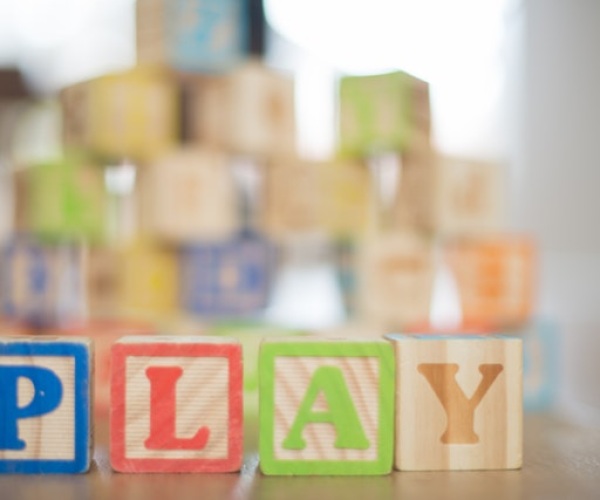It’s time to play!

The school holidays are fast approaching and as families are making preparations for how to spend this time I thought it would be a great opportunity to share some ideas around the importance of play.
Play is not just about having fun, using toys, going to cool places or having friends over. Play is a crucial part of healthy child development.
In fact, play is so important that a child’s right to rest and leisure, to engage in play and recreational activity, is actually recognised in the United Nation’s Conventions on the Rights of the Child!
So what is this business of play all about?
- Play is a major way that children learn about themselves and their world.
- Play is a way that children begin to develop relationships.
- Play helps children learn to manage their emotions and difficult things that have happened throughout their day.
- Play is fun and relaxing for children.
So how do children play?
There are different ways that children play and the types of play children enjoy will depend on their interests and their stage of development. (You can get specific age appropriate examples here.
Children need time to play on their own, with others in the absence of adult involvement, but also to play with adults.
Playing with your child and delighting in them is an excellent way to strengthen your connection with your child, and to develop your child’s sense of being connected to you.
Play can be Structure or Unstructured, and children need a combination of both.
- Structured Play includes things like organised games, team sports, swimming lessons, board or card games etc. Time is often a restraint, there are rules and it often has adult involvement.
- Unstructured Play is more spontaneous and imaginative and can include things such as enjoying a playground, role playing, craft, dress-ups, making music etc.
So how is play so beneficial for child development?
- Intellectual development – learning new information and developing thinking skills
- g., puzzles, sorting, inventing games, making music, following instructions, strategy.
- Motor development – gaining fine and gross motor skills, coordination and strength
- g., playground activity, craft, ball games, riding, skating, cooking, climbing.
- Language development – learning how to communicate
- g., reading, singing, talking to others, listening, playing with older people.
- Social development – learning skills to get on with other people
- g., playing with others, role playing, copying, experiencing boundaries and consequences, turn taking, sharing, making new friends, competitions.
- Emotional development – developing emotional intelligence
- g., expressing emotion during play, frustration tolerance, building confidence, experiencing the full range of emotion, having time to feel happy, safe, and loved.
But what’s that you say? Sometimes you don’t have time to play with your child? Sometimes you don’t even feel like playing? (“not ANOTHER game of …..”). I hear you. So here are a few tips that you might find helpful when you are struggling to join in the fun….
- Remember that even a few minutes of play a day can be a positive experience for you and your child.
- if you are stuck for time and energy – set a timer, but make sure you make the most of it (put away your phone and ‘to do list’ to really be available to your child).
- let your child decide what they want to do and how they do it.
- follow your child’s lead (as long as it is safe), instead of taking over and making the decisions for your child.
- try to be flexible.
Of course there are times when your child will benefit from (and need) your ideas and suggestions for play. But you might be surprised to notice the difference of allowing them to direct the play.
Stuck for play ideas? With the coming summer holidays you may wish to keep your eye on the local newspaper for listings of free events for children and families, or search online.
And of course some great options for outdoor play here.
All of our psychologists at Prosper Health Collective are experienced in working with children, so if you have having difficulty supporting your child in play, for whatever reason, then please call us to see how we may be able to help.